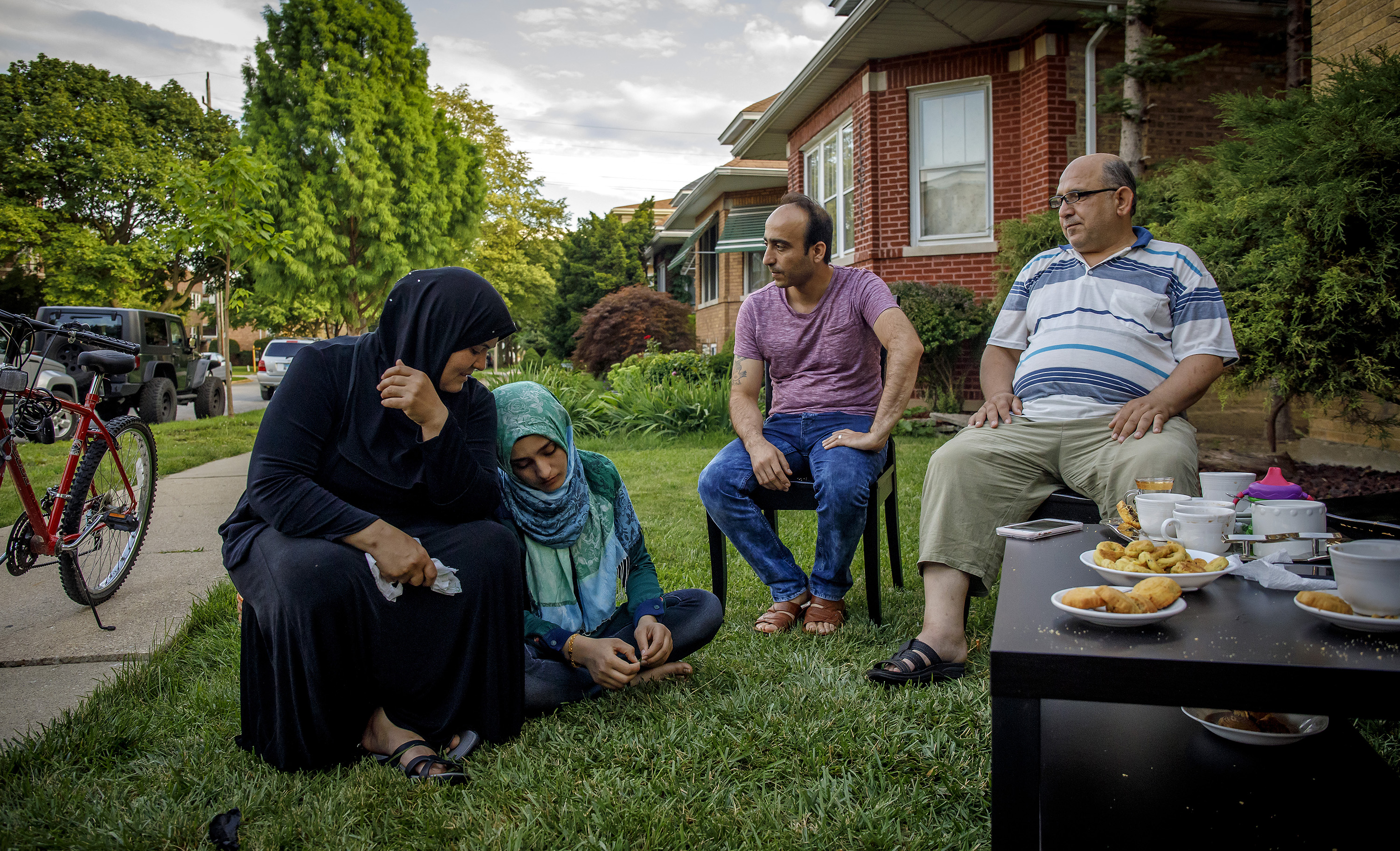The Syrian Civil War has been raging on for eight years, tearing apart the innocent lives of civilians who have no affiliation with the regime or the opposition.
According to the UN Envoy for Syria, in the first five years of the war, about 400,000 Syrians were killed.
Eight years later, Syrian refugees across the globe are now processing the events that were experienced in their home country.
In Glasgow, Scotland, a small group of Syrian refugees are trying to manage their trauma through theater.
A therapeutic drama program is staging the ancient Greek play “The Trojan Women,” however, the play has been adapted to include the cast’s personal stories about the war.
None of the cast have acted before.
“Although ‘The Trojan Women’ is a play that is two-and-a-half thousand years old, it’s an eternal play. It speaks about eternal truths of war,” says producer Charlotte Eager, who began running the therapeutic drama projects six years ago in a Jordanian refugee camp.
Most of the refugees involved in the program were of 2,000 Syrians who, under the U.N.’s refugee resettlement program, had migrated to Scotland.
Though there were conflicting opinions about the war, the cast members learned to respect one another’s opinions, now that they don’t have their lives in serious danger.
One of the cast members, Mohammed, was once a tailor in Syria and spent two years hiding in a cellar, only to be arrested and tortured after he emerged.
He escaped to Egypt and explained that innocent people are dying, people who have nothing to do with the war.
“People get wasted in war. And their main concern is just to feed their kids, and take care of their household,” he explained.
For Psychotherapist Sanaa Al Froukh, supporting the children is the most important aspect to focus on after experiencing the war.
“This generation should have a good future. No one can take this right from us, although we lose our country,” said Froukh.
Froukh was a teacher in Syria when she witnessed students being killed after an attack on her school by Assad’s troops.
She helped translate the Greek play she and her fellow refugees performed after only knowing English for a year.
Heba Alwadi was only thirteen when her school was bombarded with an attack from President Bashar al-Assad’s forces. She remembers glass surrounding the classroom and the difficulty of seeing her teacher’s terror.
“The army’s response was supposed to protect us. They were killing us instead. I wanted to scream: I am a child. You should protect me,” Alwadi said.
During the plays, when the cast is able to identify with the characters they are playing, they progressively weave their own stories into the material.
“So, what I’m hoping…is that the audience will watch this play and they will see themselves reflected in the mirror of humanity, essentially,” Eager stated.
During the two day production, the full houses showcased the achievement made by the producers and the cast.
Yasel Rosado
Reporter


